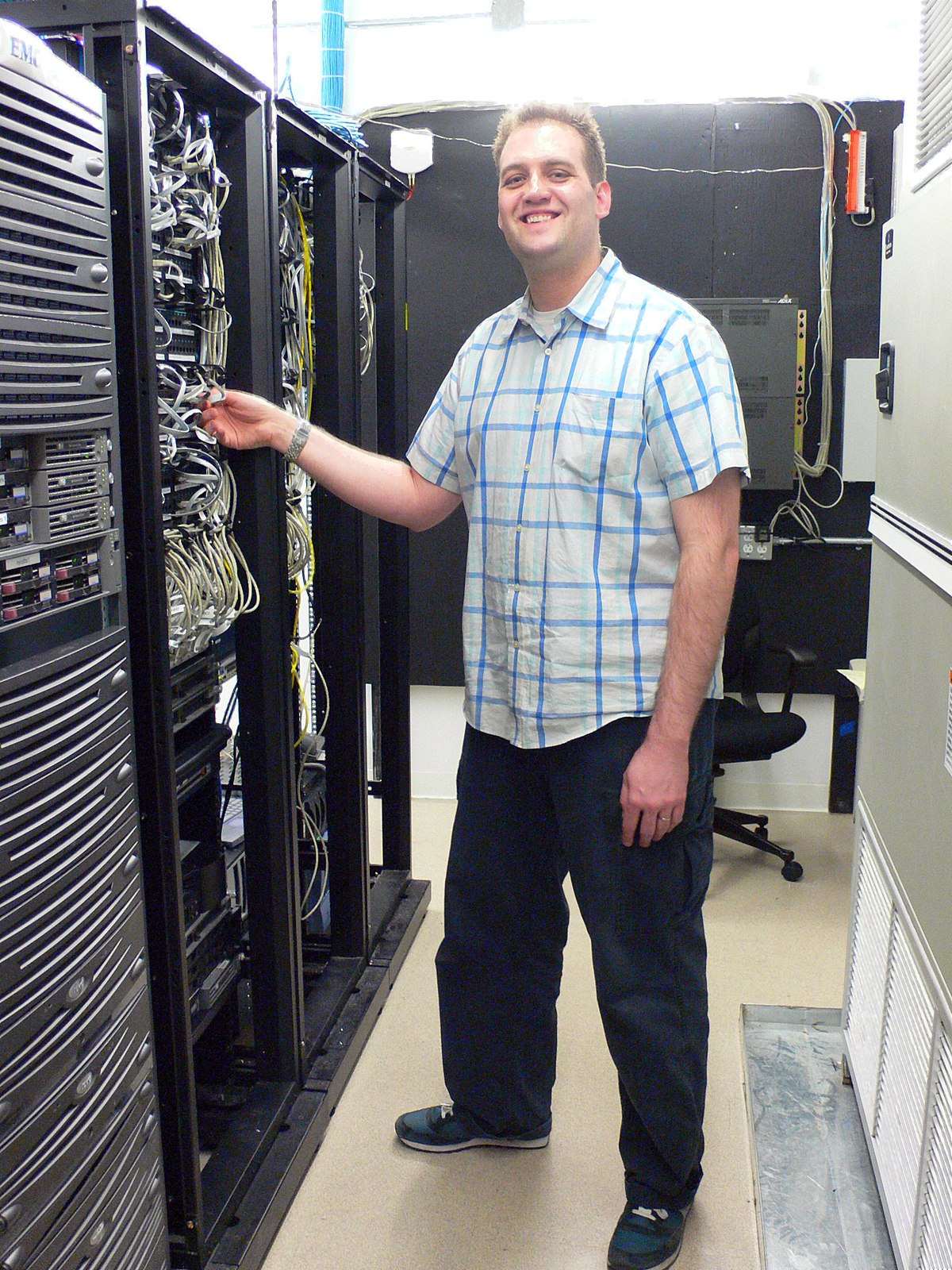Introduction to System Administrator
How to Become a System Administrator in India, System administrators are IT professionals responsible for managing and maintaining an organization’s computer systems, networks, and servers. They ensure that hardware, software, and networks are up and running, and they play a critical role in preventing and resolving technical issues.
Table of Contents
Educational Pathways
High School Education
The journey to becoming a system administrator starts with a solid educational foundation. A high school education with a focus on mathematics and computer science provides an essential groundwork for this career.
Bachelor’s Degree in Computer Science or Related Field
While not always mandatory, a bachelor’s degree in computer science or a related field significantly enhances your employability and understanding of IT concepts.
Relevant Certifications
Certifications like CompTIA A+, Microsoft Certified: Azure Fundamentals, and Cisco Certified Network Associate (CCNA) validate your skills and knowledge in specific areas, making you a more attractive candidate to potential employers.
Developing Technical Skills
Operating Systems Proficiency
System administrators need to be well-versed in operating systems such as Windows Server, Linux, and Unix. A deep understanding of these systems is fundamental to managing and troubleshooting them effectively.
Networking Fundamentals
A strong grasp of networking principles, including IP addressing, routing, and subnetting, is crucial for configuring and maintaining an organization’s network infrastructure.
Scripting and Automation
Scripting languages like Python, PowerShell, and Bash enable system administrators to automate routine tasks, saving time and reducing the likelihood of errors.
Security Practices
In an increasingly digital world, understanding cybersecurity concepts and implementing security best practices is vital to protect sensitive data and prevent cyber threats.
Gaining Practical Experience
Internships and Training
Internships and training programs provide hands-on experience and expose you to real-world IT environments. They are invaluable for honing your skills and building your resume.
Entry-Level IT Jobs
Starting in entry-level IT positions, such as help desk support or IT technician roles, allows you to gain practical experience while working alongside experienced professionals.
Soft Skills and Attributes
Problem-Solving Abilities
System administrators are problem solvers. Developing the ability to analyze issues, think critically, and find effective solutions is essential in this role.
Communication Skills
Clear communication is key when interacting with colleagues, explaining technical solutions, and collaborating on projects.
Time Management
Managing multiple tasks and priorities efficiently ensures that IT systems remain operational and downtime is minimized.
Building a Professional Network
Joining IT Communities
Engaging in online forums, social media groups, and local tech meetups connects you with fellow professionals and keeps you updated on industry trends.
Attending Tech Conferences
Tech conferences provide opportunities to learn about emerging technologies, gain insights from experts, and expand your network.
Job Search and Interview Preparation
Crafting an Impressive Resume
Your resume should highlight your education, certifications, technical skills, and practical experience. Adjust it to the particular job for which you are applying.
Nailing the Interview
Prepare for interviews by researching common interview questions, practicing your responses, and demonstrating your passion for the role.
Starting Your Career as a System Administrator
Junior System Administrator Roles
Starting as a junior system administrator allows you to further develop your skills under the guidance of senior professionals.
Responsibilities and Challenges
The role involves tasks like system configuration, troubleshooting, software installations, and collaborating with other IT teams.
Continuing Education and Career Growth
Advanced Certifications
Consider pursuing advanced certifications like Certified Information Systems Security Professional (CISSP) or Microsoft Certified: Azure Solutions Architect Expert to specialize and advance in your career.
Specializing in a Subfield
You can specialize in areas like cloud computing, cybersecurity, or database management to become an expert in a specific domain.
Climbing the Career Ladder
With experience, continuous learning, and proven expertise, you can progress to roles like senior system administrator, IT manager, or even chief information officer (CIO).
Conclusion
Becoming a system administrator in India requires a combination of education, technical skills, practical experience, and personal attributes. By following the steps outlined in this guide, you can embark on a rewarding career journey in the dynamic field of IT.
FAQs
Q: What qualifications are required to work as a system administrator?
A: While a bachelor’s degree in computer science is beneficial, relevant certifications and hands-on experience also play a significant role.
Q: How can I keep up with the most recent tech trends?
A: Joining online IT communities, following tech blogs, and attending conferences are great ways to stay informed.
Q: Is coding knowledge essential for a system administrator?
A: While coding skills are valuable, a system administrator’s role primarily involves system management and troubleshooting.
Q: What growth opportunities does a career in system administration offer?
A: System administrators can progress to senior roles, specialize in subfields, or even move into management positions as they gain experience.
Q: How important are soft skills in this profession?
A: Soft skills like communication, problem-solving, and time management are crucial for effective collaboration and task handling in the IT industry.




